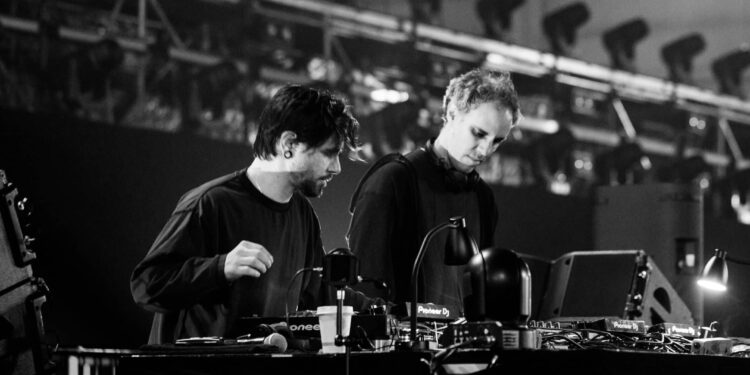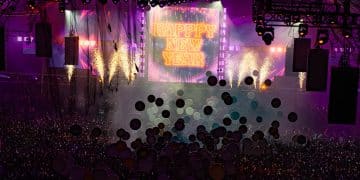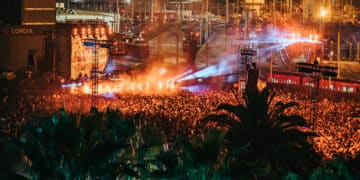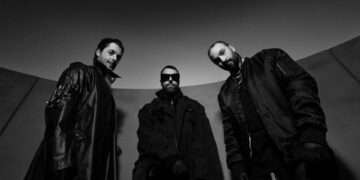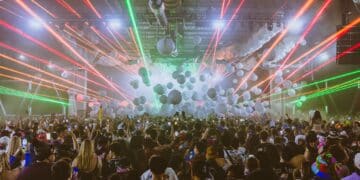Despite Electric Zoo promising to bring forth a “sonic wonderland,” it left attendees pondering the disparity between its execution and lofty aspirations.
Electric Zoo had set its sights on ambitious goals this year as the globally renowned music festival aimed to electrify New York City with its brand-new hyperspace theme. Organizers teased it as a “star-studded affair,” where the “ultimate mecca of electronic music will expand its footprint with new stage buildouts, premiere artist branded world and festival debuts, and integrate AI into nearly every aspect of the festival.”
Incorporating a futuristic theme into a festival within a thriving city was a nod to this forward-thinking space’s dynamic and ever-evolving cultural landscape. Naturally, many attendees from around the world were excited to immerse themselves in the essence of a city and festival that embodies the very spirit of creativity and a willingness to push boundaries.
Along with endorsements from the festival’s Chief of Marketing, Michael Julian, attendees were showered with grand promises of a Labor Day Weekend within a “thriving and expansive electronic music community in the Big Apple.” From thrilling teasers about headlining acts to sneak previews of the immersive stage designs, the continuous stream of captivating updates of a futuristic experience enticed festivalgoers ready to be transported into the far reaches of the cosmos.
However, with the abrupt cancellation of Friday’s event two hours before doors were set to open, the subsequent fiasco that unfolded over the next two days made it apparent that the storytelling surrounding Electric Zoo’s Hyperspace narrative merely painted a splendid picture of a larger-than-life experience. Many were looking forward to Friday’s festival debut of the highly anticipated “Under Construction” stage curated by powerhouse DJs FISHER and Chris Lake, as well as the inaugural LGBTQ+ stage, Dreamland, which pledges to be a beacon of inclusivity and representation. Both were scrapped along with the debacle on the first day.
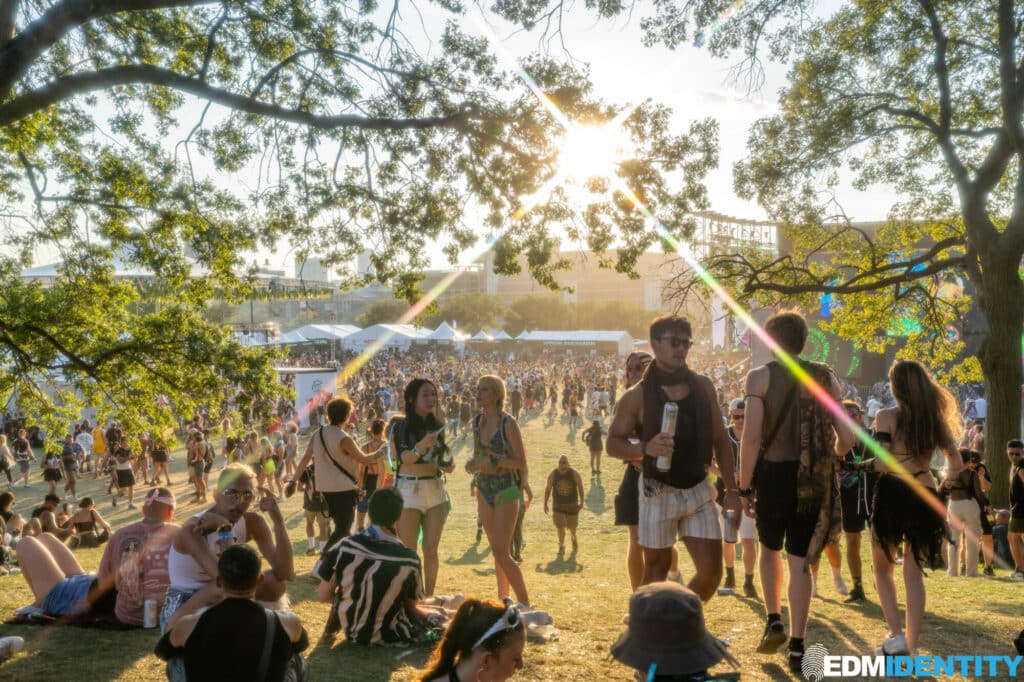
The canceled stage debuts signaled a break from the expectations set by the festival.
On a broader scale, this marked a letdown and a disappointing departure from the festival’s overarching commitment to artistic vibrancy and diversity. Dreamland had been eagerly anticipated to symbolize inclusivity and representation within the festival’s lineup.
The significance of the new stage went beyond the beats and melodies; it represented the festival’s commitment to fostering creative expressions and cultural diversity in the bustling city. It was also meant to be a dedicated space where the LGBTQ+ community could celebrate their identities and share their voices, aligning perfectly with the festival’s commitment to a shared space.
Logistical issues around transportation further compounded the festival’s woes.
The transportation arrangement to Randall’s Island Park also appeared marred by various logistical issues, creating a lackluster experience for festival-goers. The ferry option has always been popular for attendees to get to the venue, but they would have to purchase a special pass in advance to board the ride.
With “access to a stunning ride along the East Side of Manhattan,” the ferry option sold out quickly before the festival started. Then, a critical alert announcement was made amid the overcrowding situation on Sunday. It stated, “Even if you did not purchase a ferry or shuttle pass, they will still allow you to board to transport you off the island safely.”
While intended to manage the capacity issue, this decision left some attendees, who initially purchased a transportation pass, feeling frustrated as they had paid for their ticket as an additional cost on top of festival access. Given the unforeseen situation, no update was made on whether those who had purchased a ferry pass would be eligible for a refund.
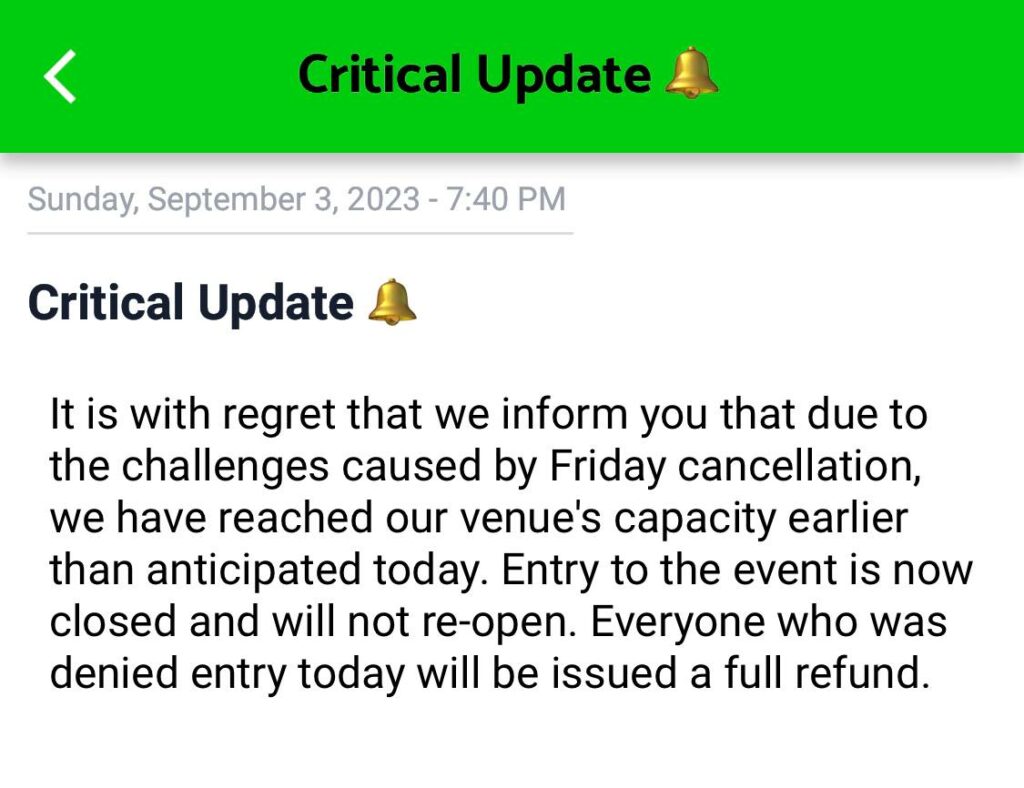
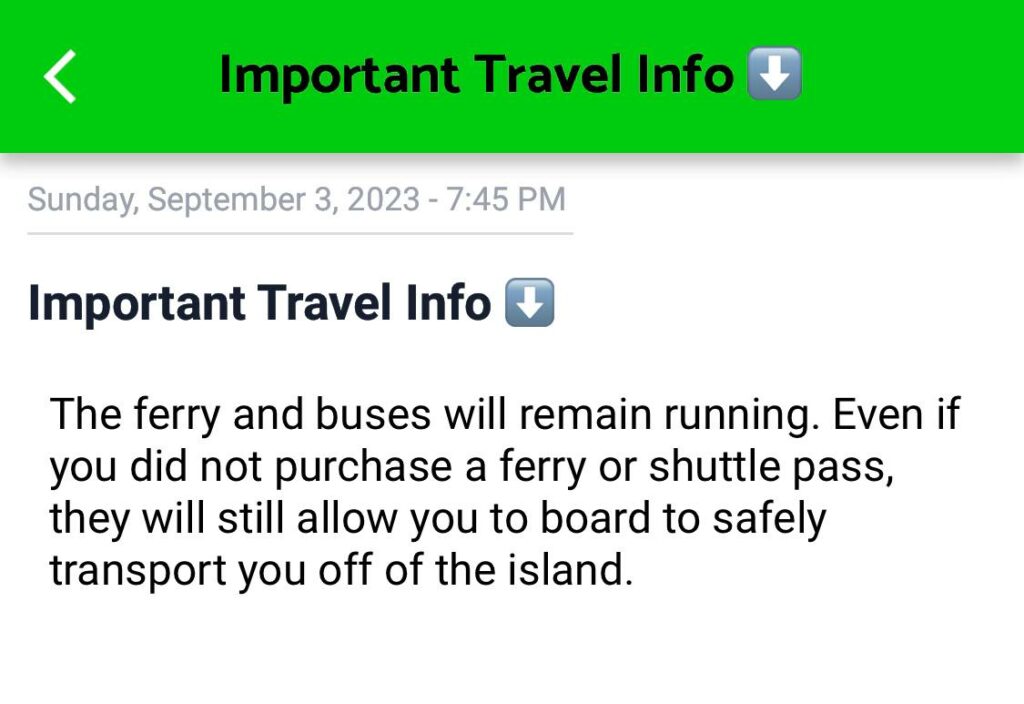
Confusion surrounding access points for different pass holders disrupted the flow of the festival.
Over the two days, there was also uncertainty about the designated entry points where different pass holders were allowed access. Individuals with various passes, such as media, guests, and AAA, were given conflicting information about where they were allowed entry to the different stages of the festival. Media personnel were granted access to the main stage through a quicker route on Saturday, which facilitated coverage flow more efficiently.
However, there was an abrupt denial of that entry the following day, sending mixed signals as security personnel also appeared uncertain about access rules and had to turn to one another for clarification. The inconsistent enforcement further highlighted a lack of uniformity in the festival’s operation procedures and inconvenienced many.
The overcapacity situation raised security concerns.
As the festival exceeded its intended capacity on Sunday, the overcrowding exacerbated security resources and compromised the ability to screen individuals adequately. Frustrated ticket holders left stranded outside the entrance decided to dash through the gates, creating a hazardous environment with the risk of a stampede. Furthermore, the failure to thoroughly check all attendees for prohibited items was a severe lapse in security that not only jeopardized the safety of all attendees within the festival ground but also undermined the integrity of the event’s security measures.
The fiasco of Electric Zoo is a disconnected reflection of New York City’s cutting-edge, vibrant culture.
While the grandiose vision of a modern and innovative experience failed to take off on Randall’s Island Park this year, the underwhelming execution of the event ultimately became an emblem of unfulfilled promises that were misaligned with the values and ideals initially championed. It is not hard to empathize with the growing disappointment and frustration among attendees as the festival has set the bar unrealistically high with the lavish commitments and extravagant narrative showered before the event.
In a city renowned for its cultural richness and fusion of arts, technology, and music, Electric Zoo missed the mark in capturing the spirit and essence of the city with its organization of the event this year. As many attendees left feeling shortchanged and misled after the less-than-spectacular reality that unfolded over three days, Electric Zoo organizers must now surmount astronomical challenges encompassing legal, financial, and reputational repercussions. Above all else, they must shoulder the hyper-cosmic responsibility of rekindling the fans’ trust and rebuilding the spirit of unity and music in New York City.
Follow Electric Zoo:
Website | Facebook | Twitter | Instagram | SoundCloud



